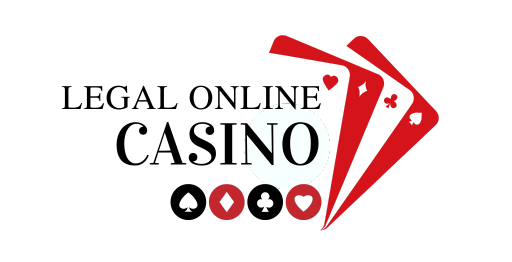Blackjack Tips for Online Casinos – Proven Winning Methods
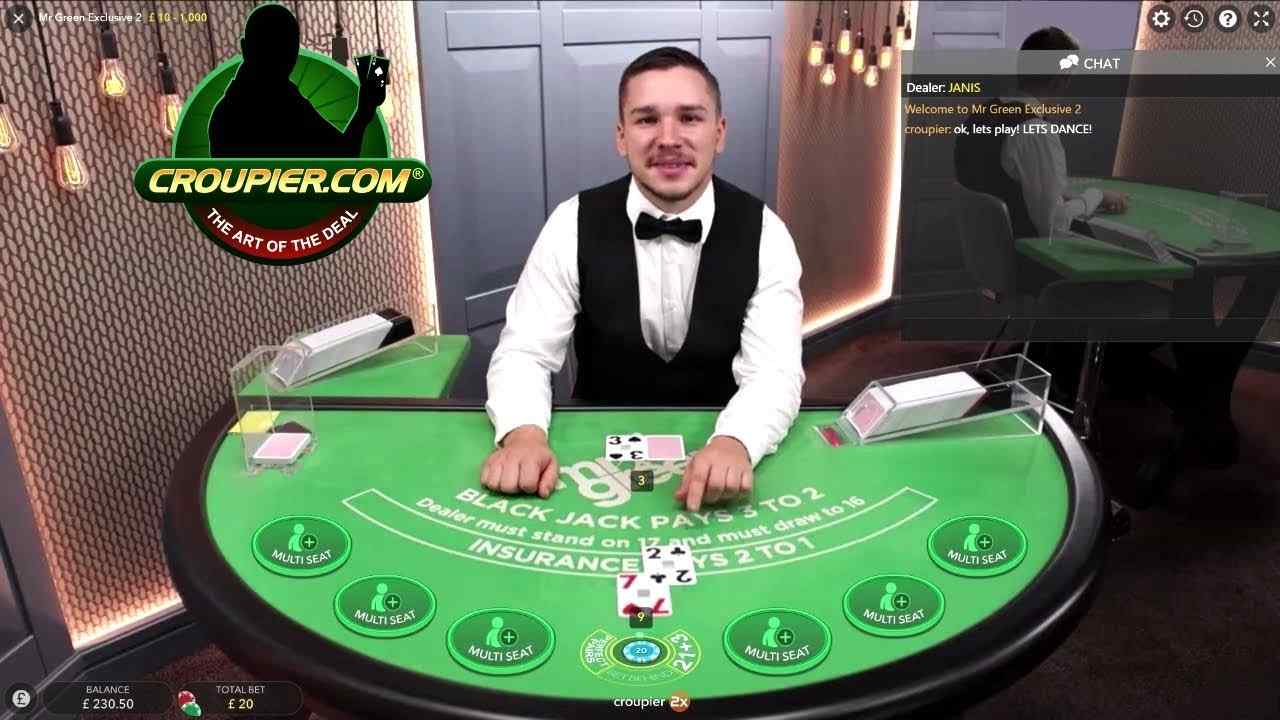
The virtual felt of online blackjack tables is a thrilling landscape where fortunes are won and lost. It’s a game that blends chance with skill, and as someone who’s spent countless hours analyzing the intricacies of this digital card game, I can tell you there’s more to winning than just luck.
Mastering online blackjack involves understanding the odds, employing strategic betting, and utilizing optimal playing decisions based on basic strategy. While luck always plays a role, these proven methods can significantly tilt the odds in your favor.
But what are these “proven methods,” and how can you integrate them into your gameplay? Let’s take a deeper look into the strategies that can transform you from a casual player to a consistent winner.
Blackjack Rules For Beginners
The game of blackjack hinges on the goal of reaching 21 without exceeding it. Each card you’re dealt holds a specific value: number cards carry their face value, face cards—King, Queen, and Jack—are worth 10, and the Ace can either count as 1 or 11, adjusting to benefit your hand.
At the start of a round, you’re dealt two cards, often one face-up and one face-down in traditional casino settings. The dealer also receives two cards but may have one or both cards face down, depending on the casino’s rules.
Card Values:
- Number cards (2-10): Face value
- Face cards (King, Queen, Jack): 10
- Ace: 1 or 11, whichever benefits your hand
In blackjack, key actions include:
- Hit: Taking another card to get closer to 21.
- Stand: Keeping your current hand, ending your actions.
- Bust: Your total exceeds 21, resulting in an immediate loss.
- Blackjack: An Ace combined with a 10 or face card, totaling 21.
When considering whether to hit or stand, reflect on your hand’s total and the dealer’s visible card. If your hand totals 12-16 and the dealer shows a low card (2-6), it’s safer to stand; they’re more likely to bust.
Conversely, if the dealer shows a high card (7-Ace), you might want to take the risk and hit to get a higher total.
Remember, there are variations in how blackjack is played, especially concerning whether the dealer has to hit or stand on a soft 17 (an Ace counted as 11 plus a six). Most commonly, though, the dealer will stand on all 17s.
Begin your journey equipped with this knowledge, and soon you’ll play confidently, perhaps with some savvy strategies forming from your experiences at the table.
Basic Blackjack Strategy Every Player Should Know
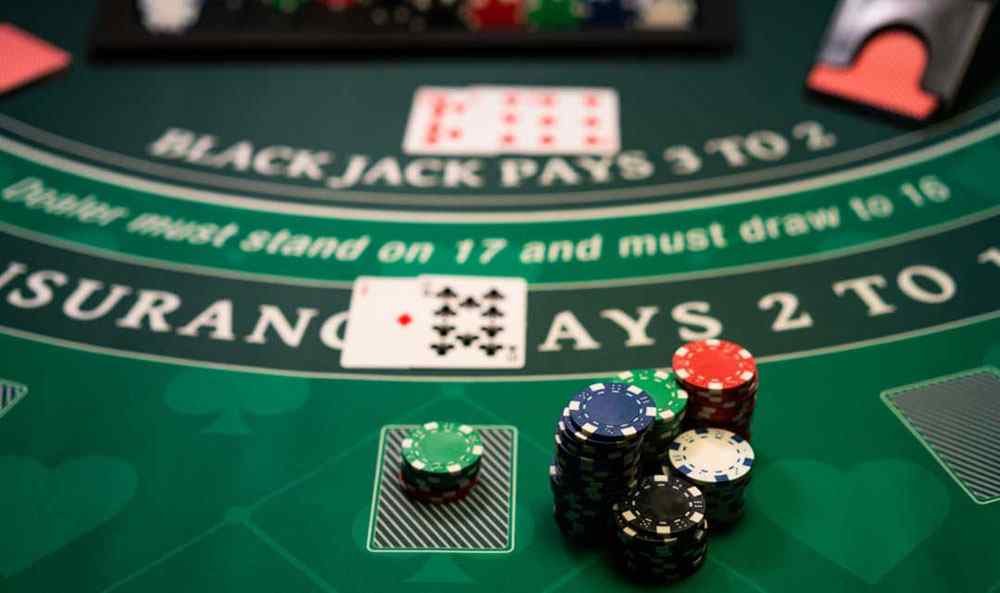
Understanding the basics of strategy in blackjack is crucial because, while there’s always an element of chance, your choices can greatly influence your chances of winning.
The cornerstone of making these informed decisions is becoming familiar with a basic blackjack strategy chart, which suggests the best possible move in any given situation by correlating your hand with the dealer’s visible card.
Here’s what you need to remember:
- Splitting Pairs: You should always split aces and eights. It’s an opportunity to turn a bad hand into two potentially winning hands.
- Doubling Down: When your first two cards total 11, doubling down is a great option to maximize your profits when the odds are in your favor.
To really get a handle on basic strategy, practice is key. Regularly reviewing the strategy chart can help you memorize the optimal plays and understand underlying patterns in the game.
Internalizing these strategies through repeated practice sessions allows you to recall them out of habit when playing, improving your ability to make quick, accurate decisions.
Remember, the goal is to reduce the house edge as much as possible, and these fundamental plays are your best tool to achieve that.
Popular Betting Systems
When it comes to online blackjack, betting systems are strategies that dictate how you adjust your bets based on previous outcomes. Let’s tackle a couple of systems that players often use.
The Martingale System is one of the oldest betting strategies. Here’s the gist:
- Start with a base bet.
- If you win, repeat the bet.
- If you lose, double your bet.
- When you win after a loss, revert to the base bet. This system requires a substantial bankroll to absorb a losing streak and can be risky.
The Paroli System, on the other hand, is positive progression betting. It encourages:
- Starting with a base bet.
- Doubling the bet after a win.
- Resetting to the base bet after three consecutive wins or a loss. The idea here is to capitalize on winning streaks while minimizing losses.
With the D’Alembert System, you adjust your bets linearly rather than exponentially:
- Increase your bet by one unit after a loss.
- Decrease your bet by one unit after a win. This approach is deemed less aggressive than the Martingale.
Remember to set a budget and stick to it regardless of the system. Betting systems don’t change the odds but can help manage your bankroll. Use them wisely, and improve your overall experience at the blackjack tables.
When To Hit Or Stand
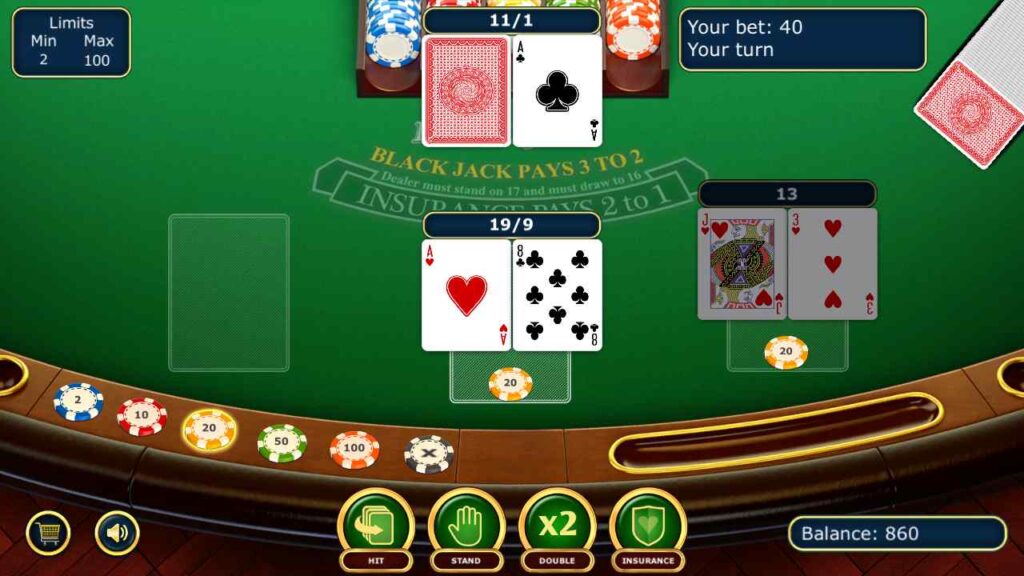
Making the right move in blackjack often comes down to whether you choose to hit or stand. This decision can significantly affect the outcome of the game, and knowing the most strategic play in different situations is key to maximizing your chances of winning.
- Dealer’s Upcard Influence Pay close attention to the dealer’s upcard. If they show a 6 or below, that’s often a sign of weakness. In this case, you might stand more frequently, especially if your hand totals 12-16, since the dealer has a higher chance of busting.
- Soft Hands Strategy If you’re holding a soft hand (an Ace counted as 11), your approach changes. Soft hands provide more leeway, as you cannot bust with a single hit. For instance, with a soft 18 (Ace and 7), you might take the risk of hitting when the dealer’s card is strong (9, 10, or an Ace), aiming for a higher total.
- Beyond Basic Strategy Sometimes, basic strategy doesn’t cover all situations. Let’s say you’ve got a total of 10 and the dealer shows a 9 or lower; it’s typically beneficial to double down, not just hit, to maximize your potential winnings.
For a deeper understanding of when to hit or stand, consider exploring charts and guides which provide a comprehensive strategy overview. Remember, blackjack is not just about the rules but also about how you play the game.
Stay calm, focused, and make decisions based on logic rather than emotion. Your goal is to beat the dealer, and strategic hits and stands get you closer to that goal.
Splitting Pairs
Splitting pairs in blackjack can significantly increase your chances of winning. This move is invoked when you’re dealt two cards of the same value.
By splitting them, you create two separate hands, each with one of the two matched cards. Here’s how to master this tactic:
Always Split Aces and Eights
Splitting aces gives you a strong shot at landing two hands of 21. Eights are split to avoid a weak total of 16 and give you a better chance of hitting a more favorable hand.
Think Twice Before Splitting Tens
It’s tempting to split tens since they’re a high value, but doing so could be a gamble. You could potentially dilute a strong hand of 20 into two less powerful hands.
Understand the Exceptions
The dealer’s upcard plays a critical role in your decision to split. If they show a weak card like a 5 or a 6, you may consider splitting lower pairs like 2s, 3s, or 7s.
However, if the dealer has a strong upcard, it might be better to play it safe and not split.
Know the Rules
Some tables allow re-splitting if you’re dealt another matched pair after the initial split. Be aware that some casinos have restrictions on splitting, like no re-splits or splitting for only certain pairs.
This approach is not just about intuition—it’s about strategically improving your game. Utilize these tips, and remember, each hand is an opportunity to apply your knowledge and get that edge over the house.
Doubling Down
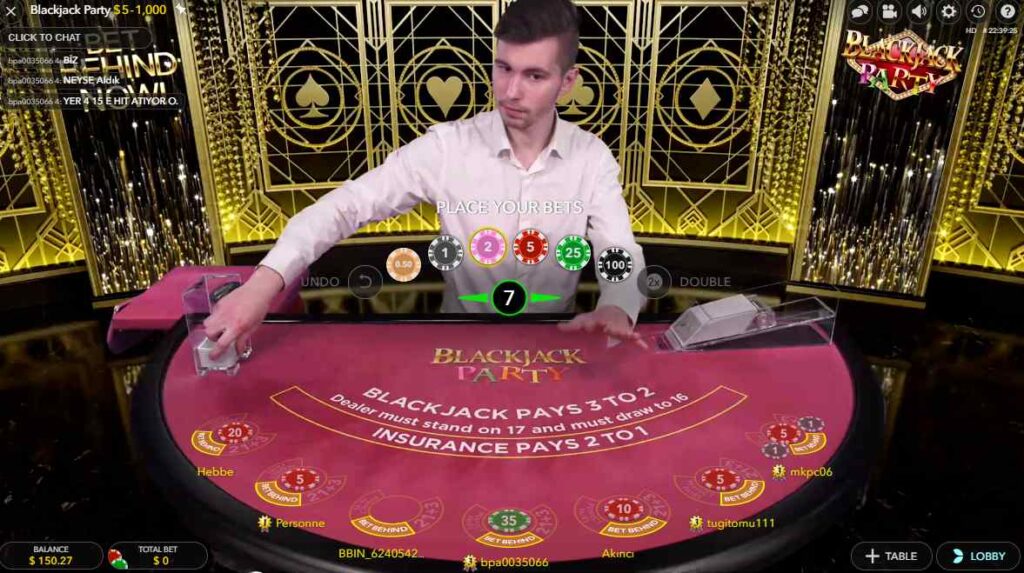
Doubling down in blackjack can significantly boost your winnings when used correctly. It’s a move that lets you double your initial bet in exchange for exactly one additional card.
This strategy is best employed when you hold a hand totalling 9, 10, or 11, giving you a solid chance of hitting a 20 or 21 with a 10 or face card.
Here are some clear guidelines to maximize its use:
- Hard 11: Double down regardless of the dealer’s upcard, except when they have an ace.
- Hard 10: Double down unless the dealer shows a 10 or an ace.
- Hard 9: Opt to double down when the dealer’s upcard is between 2 and 6.
The decision to double down on soft hands (hands with an ace) can be trickier because of their flexibility. Soft 16 to 18 are hands where doubling down could be beneficial, particularly if the dealer shows a lower card, like a 5 or 6.
Remember that doubling down is more advantageous when the dealer is in a weaker position. When the dealer shows a card of 2 through 6, they are more likely to bust, making it the ideal scenario for you to double your stake.
It’s essential to check the table rules before you play since some casinos restrict the ability to double down to certain hand totals.
Your action should be informed by a combination of your hand, the dealer’s upcard, and your understanding of basic strategy. Make sure your decision to double down aligns with these factors to optimize your winning potential.
Insurance Bets
An insurance bet is what you’re offered when the dealer’s first card is an ace. This side bet acts as a form of protection against the dealer potentially having blackjack.
When you opt for insurance, you’re essentially betting that the dealer’s second card will be worth 10 points.
Here’s what happens: if the dealer has blackjack, your insurance bet pays 2:1. This can sound appealing, but let’s break down why it might not be the best move.
Firstly, consider that the odds aren’t in your favor. The house edge on insurance bets is significant, making it a less-than-ideal wager for a strategic player. You’re more likely to lose money in the long run when you take insurance.
There’s a detail worth mentioning, though – expert players, particularly those who can keep count of the cards, at times find situations where taking insurance could actually be a savvy move.
But, those cases are the exception and involve a skill set that goes beyond the norm. For the majority of players, it’s wise to be cautious with insurance bets.
Remember:
- Dealer shows an ace? You get an insurance bet offer.
- Taking insurance means betting the dealer has blackjack.
- Insurance pays 2:1, but don’t let that sway you – the house edge is high.
- Card counting can change the game, but that’s a topic for another discussion.
Keep these insights in your strategy toolkit as you plan your next move at the blackjack table.
Managing Your Bankroll
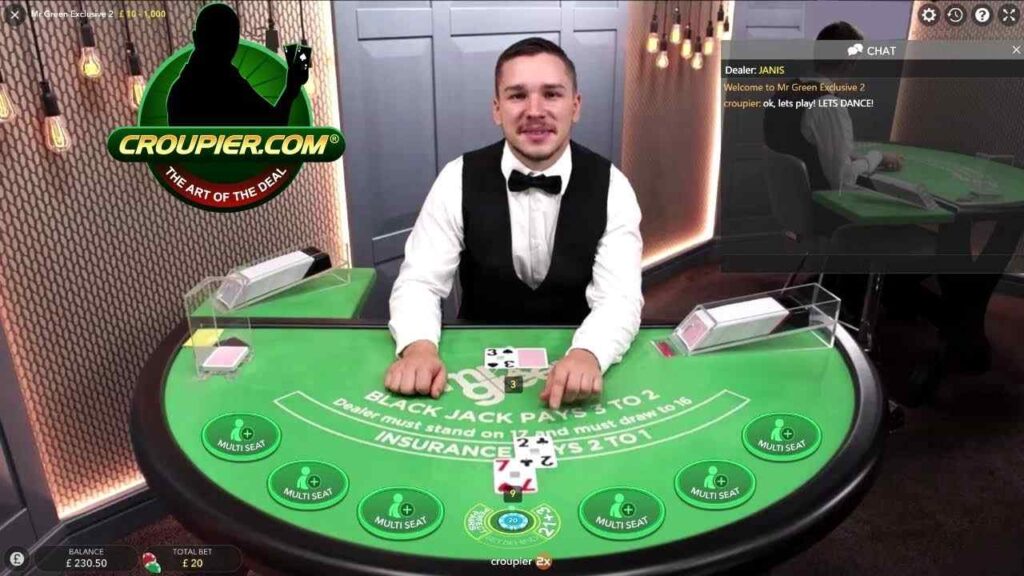
Successful blackjack play at online casinos hinges on effectively managing your bankroll. Consider this your blueprint for maximizing playtime and boosting your winning potential.
- Set a Budget: Before logging in, decide on an amount you’re prepared to spend and stick to it. Think of this as an entertainment expense; never wager more than you can afford to lose.
- Divide Your Funds: Allocate your budget into smaller betting units. For example, if you have $100, you might break it down into 50 units of $2 bets. This technique helps extend your gameplay and withstand the fluctuation of wins and losses.
- Understand Table Limits: Always select tables that complement your budget. If the minimum bet of a table is too high compared to your bankroll, it’s not the right table for you. Aim for a table where you can play a minimum of 20 hands with your budget.
- Capitalize on Bonuses: Online casinos often offer bonuses to help boost your bankroll. Always read the terms and ensure they’re favorable to your style of play, such as low wagering requirements and suitability for blackjack.
- Keep Track: Monitor your wins and losses. Use this data to understand your playing style better and adjust your strategies accordingly.
- Know When to Step Away: If you’re on a losing streak, it’s crucial to know when to stop. Chasing losses can lead to a depleted bankroll. Conversely, if you’re ahead, consider pocketing your initial stake and playing with your profits.
